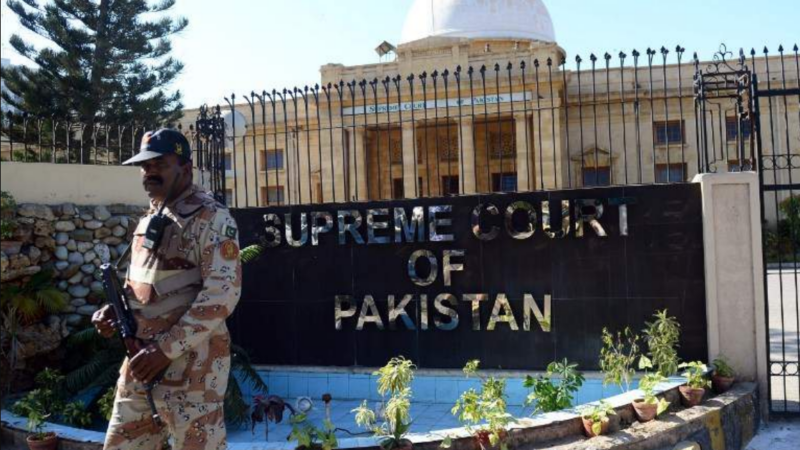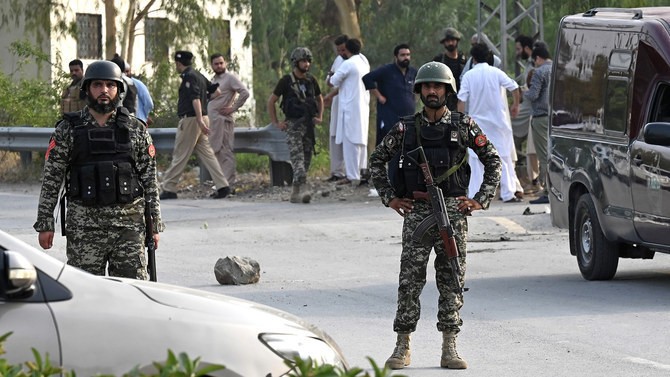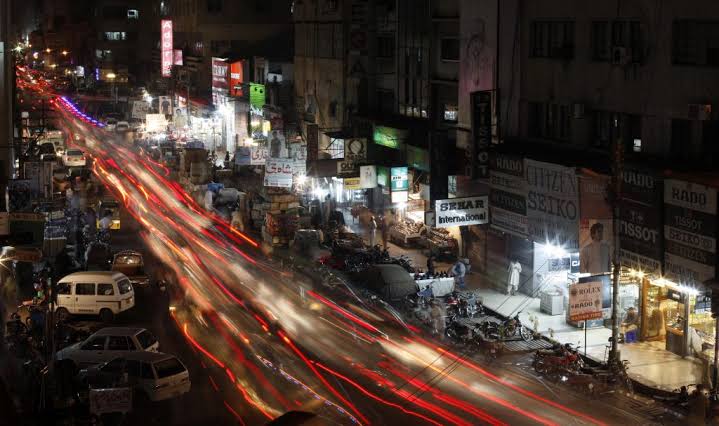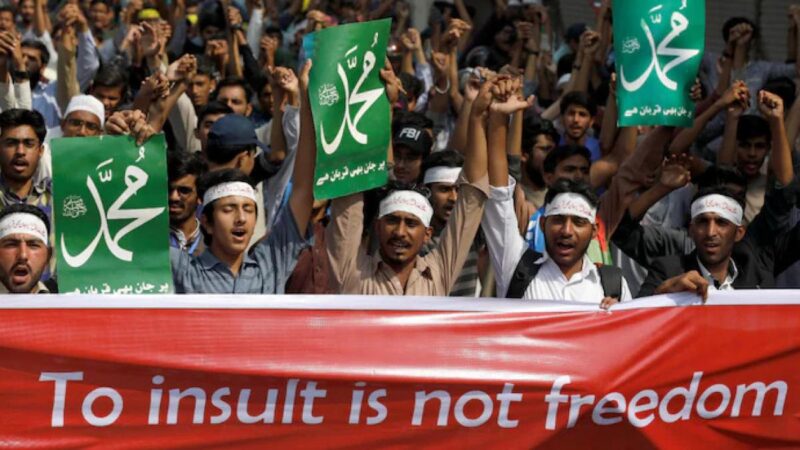Pakistan leadership again failed its citizens
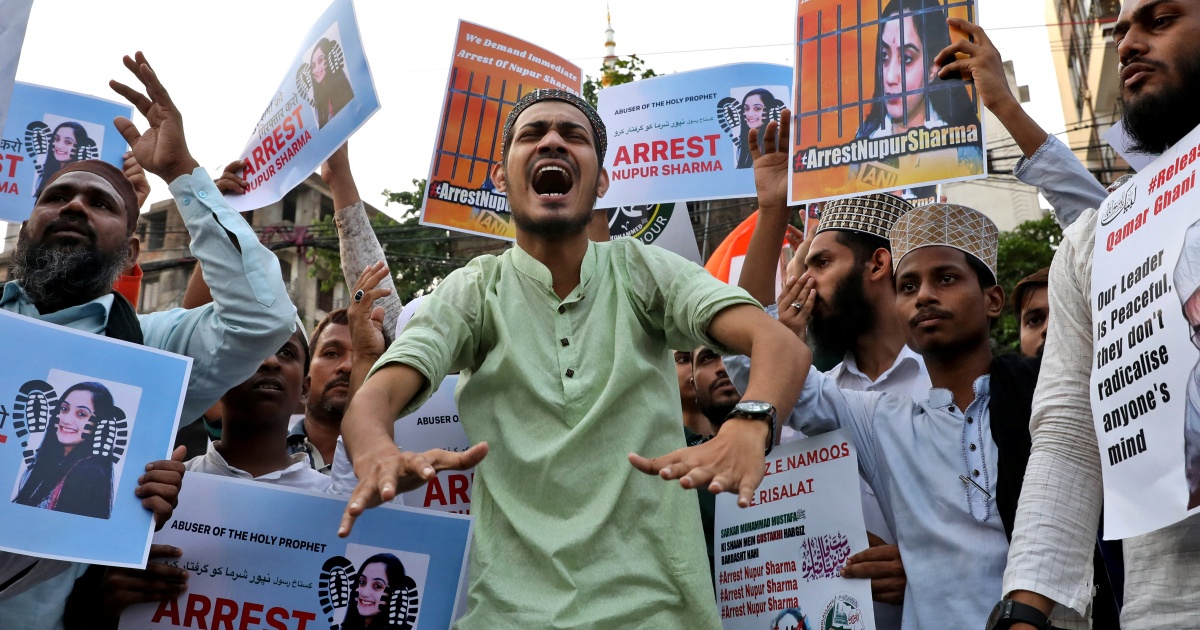
Speculations are rife in Pakistan that the army establishment has allowed the return of some TTP militants in the Swat valley as a part of its ongoing negotiations with the terrorist outfit. However, local leaders and human rights activists are seeing the TTP’s resurgence in Khyber Pakhtunkhwa as a devious ploy to create disturbances in the Pashtun areas of Pakistan. As a part of its security approach in north-western tribal regions of Pakistan, the military establishment has long followed the ‘divide and rule’ policy to not allow Pashtun unity in the region. The Punjabi-dominated security establishment has always feared that the unresolved Durand Line issue with Afghanistan and the growing Pashtun influence in the region could challenge their dominance in Pakistan. Their worries have been exacerbated after the Taliban’s takeover of Afghanistan in August 2021.
Although Afghan Taliban are playing the role of a mediator in Pakistan-TTP peace negotiations, their fraternal ‘Pashtun’ links with TTP remain strong. After taking over Kabul, the Taliban immediately released senior TTP members who had been incarcerated in Afghan prisons. The interim Taliban government in Kabul has not acknowledged the Durand Line as an “official” border between Pakistan and Afghanistan. Consequently, incidents of border clashes between the forces of both countries, especially over Pakistan’s unilateral border fencing, have increased significantly in the last year, resulting in several casualties on both sides.
All these developments have occurred under the current Chief of Army Staff Gen Qamar Javed Bajwa’s tenure. His Afghan strategy has largely failed as the Afghan Taliban are unwilling to follow orders from Rawalpindi after capturing Kabul in August last year. The apparent failure of the TTP-Pakistan Army negotiations after the recent assassinations of TTP’s key leaders has further confirmed fears in Pashtun tribal areas that the military and civilian leadership are compromising peace in the region. In addition, Pakistan’s ongoing political and economic crises have sidelined the Swat issue in Islamabad. But for the army establishment, the rising militancy in Swat could be a ploy to further consolidate its writ in the Pashtun areas.
It is possible that the Pakistan military may call for an anti-TTP operation in the Swat valley on the lines of Operation Rah-e-Rast (2009). Any new military operation in Swat will serve the following purposes for the security establishment: First, consolidate the Pakistan army’s influence in the region and work as an ‘image-building’ exercise; second, distract the Pakistani population from the ongoing political and economic turmoil in the country; third, signal the Afghan Taliban not to transgress Rawalpindi’s red-lines. Such an operation will likely start under the new army chief of Pakistan after Gen Bajwa retires in November.
Politically, Imran Khan has blamed the rise in militancy in Swat on Pakistan Democratic Movement (PDM) government in Islamabad and defended PTI’s local government in Khyber Pakhtunkhwa province by arguing that the border management “falls under the Centre’s control.” He admitted that the people of Swat and tribal areas had made a lot of sacrifices in the past and alleged that terrorism in the province had increased since the PDM government came to power. The degrading security situation in Swat, and other parts of Pakistan’s border region, has provided him another reason to target the PDM government. Interestingly, Khan had always favored a ‘softer’ approach towards TTP and prioritized the path of reconciliation over military options. In 2012, after visiting Malala Yousufzai in a Peshawar hospital, who was shot and wounded by TTP in Swat, Khan cited a verse from Qur’an and said: “The people who are fighting in Afghanistan against the foreign occupation are fighting a jihad.” Khan’s controversial stand on the matter and the PDM alliance’s incompetence will only bring more misery to Swat.
The situation in Swat and other parts of KP has demonstrated the inability or lack of political will of the Pakistani government and the security establishment to protect its own citizens from TTP, with whom it is engaged in political negotiations. It also highlights the weakness of the Pakistan Army-led peace process, which appears to be moving inexorably to failure, with the TTP leadership displaying complete intransigence on its core objectives. As a last resort, the people of Swat are coming out on the streets and protesting against rising militancy in the valley, with little to no hope.

